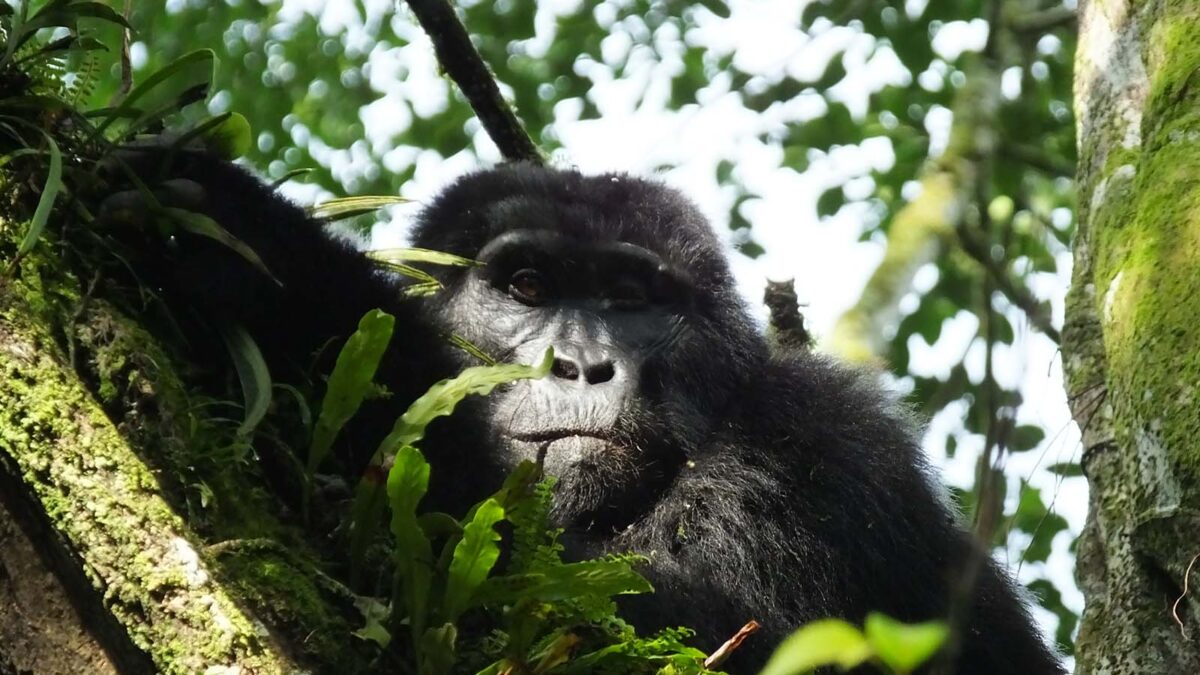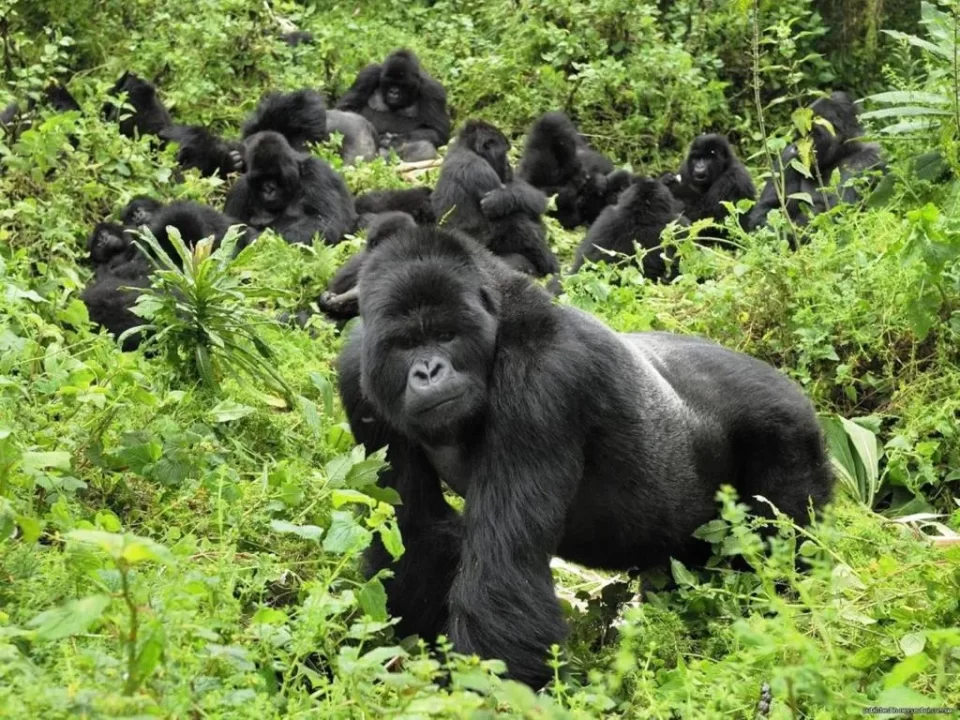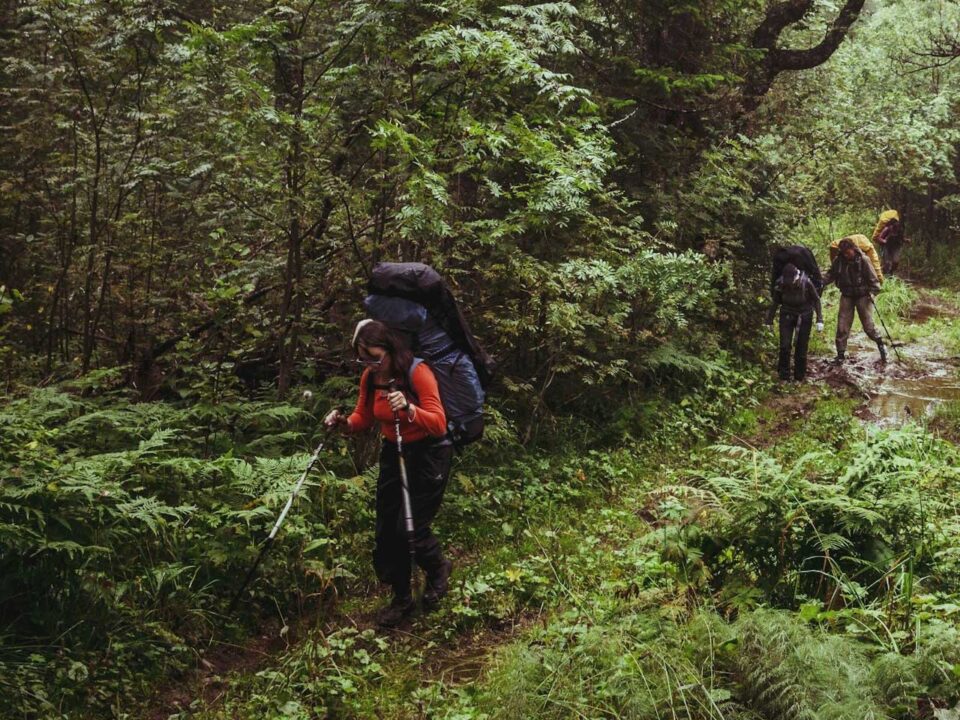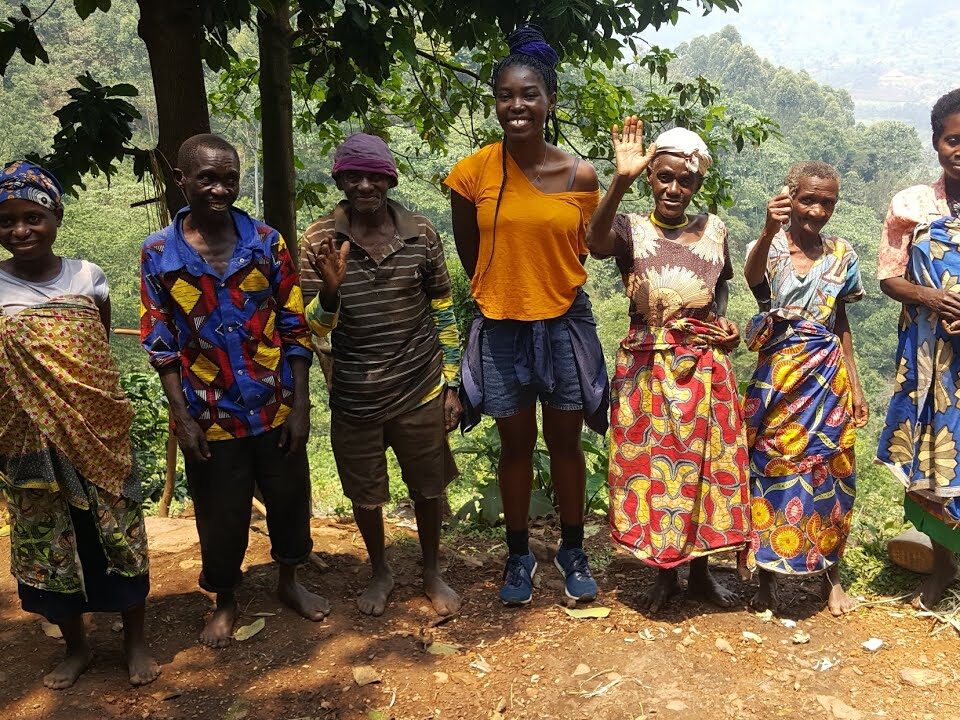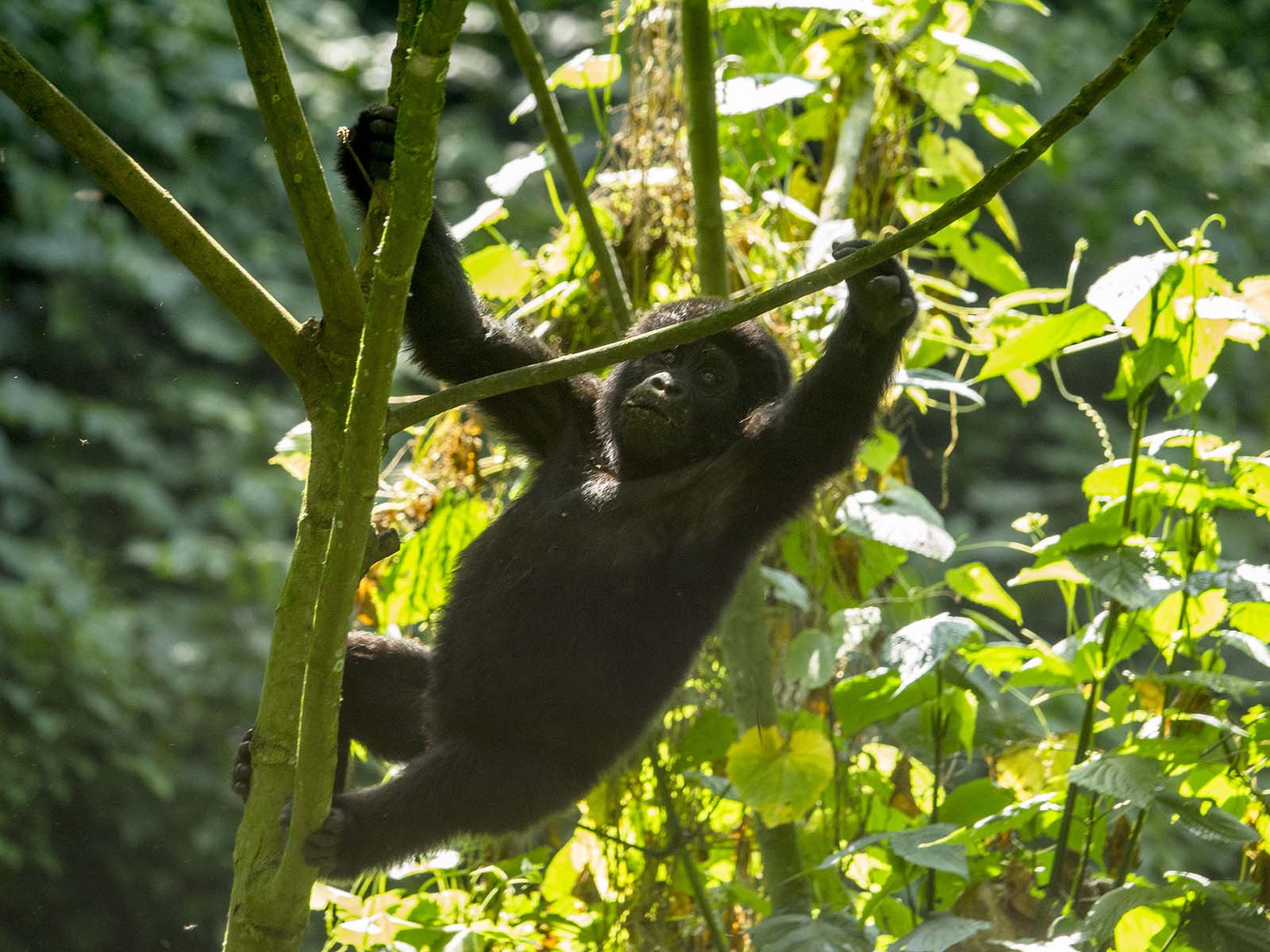
Why Mountain Gorillas are Endangered?
October 3, 2023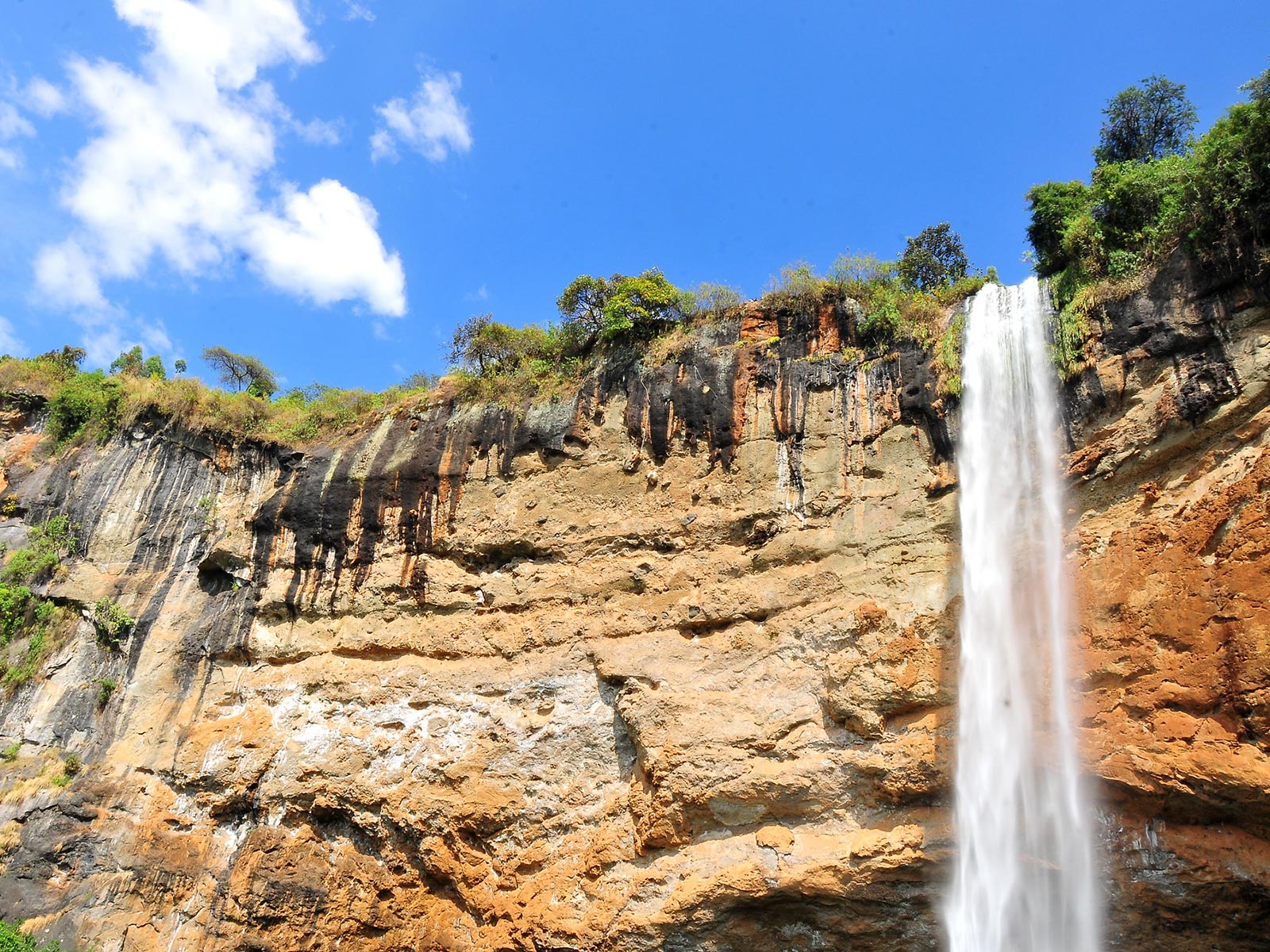
Budget Safaris and Tours to Sipi Falls
October 3, 2023Responsible Tourism in Bwindi Impenetrable National Park
Responsible tourism in Bwindi Impenetrable National Park (BINP) goes beyond the awe-inspiring encounters with mountain gorillas; it encompasses a profound commitment to preserving the park’s rich biodiversity and empowering local communities. One exemplary initiative is the support for the Batwa cultural experience, which plays a pivotal role in both forest conservation and the preservation of the endangered Batwa tribe’s cultural heritage.
The Batwa, an indigenous pygmy tribe native to the southwestern region of Uganda, have a deep-rooted connection with the Bwindi forest, which also serves as the habitat for the mountain gorillas. However, their traditional way of life and cultural values face the looming threat of extinction. As part of a community-driven effort, BINP collaborates with the Batwa Development Program (BDP) to facilitate this cultural experience.
BDP, managed exclusively by Batwa pygmies, takes on the responsibility of imparting knowledge to younger generations and enlightening the world about the rich Batwa culture. The program strives to advance education, healthcare, land acquisition, and income generation for the Batwa people. The Kellermann Foundation of Dr. Scott plays a pivotal role in supporting these initiatives through generous donations.
Through BDP’s efforts, the Batwa have secured a site outside the forest, where they reenact their cultural heritage. This initiative, known as the ‘Batwa Cultural Experience,’ transports visitors back in time to when the Batwa thrived within the forest’s embrace. It not only serves as a cultural preservation tool but also generates revenue to address the myriad challenges faced by the Batwa since their eviction from the forest.
The Batwa Cultural Experience unfolds in a densely forested 100-acre area located near the Bwindi Impenetrable National Park boundaries. To reach this captivating site, visitors embark on an hour-long trek through the lush hills of Mukono village. The setting has been meticulously designed to recreate the environmental ambiance of the forest, echoing the bygone era when the Batwa roamed freely within what is now the Bwindi National Park—a designated World Heritage Site.
For a nominal fee, Batwa elders, who once called the forest home for generations, serve as knowledgeable guides on this immersive journey into their cultural heritage. Visitors gain insights into their traditional way of life, observing activities such as honey collection, wild yam and mushroom gathering, and the utilization of medicinal plants.
The Batwa guides provide intimate glimpses into their traditional dwellings, regale visitors with tales and folklore of pygmy culture, and even offer opportunities to participate in activities like archery and mock hunting parties. This cultural experience not only deepens one’s understanding of the Batwa heritage but also fosters a sense of connection and responsibility toward preserving this unique culture and the fragile ecosystem of Bwindi Impenetrable National Park.
In choosing responsible tourism in Bwindi Impenetrable National Park, visitors actively contribute to the conservation of both the environment and the invaluable cultural heritage of the Batwa people.

